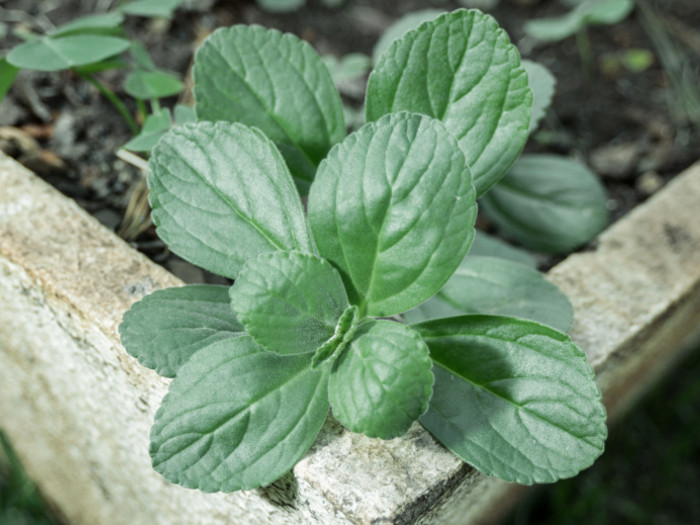Boldo is far more than just a tropical tree, and can provide a number of herbal benefits when properly used!
Boldo is one of the oldest herbal medicines known to man, with evidence of use dating back to 10,000 years. While these leaves have long been traditionally used for digestive ailments and as a mild nerve tonic, today this plant is used for many different complaints.
Benefits of Boldo
Health benefits of boldo include its ability to treat gallstones, liver diseases, urinary tract infections, and gastrointestinal disorders among others. It also helps reduce anxiety.
- Gallstones: It is a popular treatment for gallstones, thanks to an alkaloid, boldin, that stimulates the secretion of bile. [1]
- Liver diseases: Boldo detoxifies the liver and protects against liver diseases.
- UTI: The leaves also stimulate the secretion of uric acid, which makes them effective in the treatment of urinary tract infections (UTI), gout, and rheumatoid arthritis.
- Gastrointestinal disorders: The leaves of this tropical tree are antimicrobial and anti-inflammatory and can boost your natural immunity, while also providing a dose of antioxidants. Due to this, they are used to treat a myriad of gastrointestinal disorders, from heartburn and constipation to gonorrhea.
- Anxiety: Because it is a slight sedative, boldo tea is also be used as a treatment for anxiety.

Boldo leaves have a slightly bitter soft flavor and a bit coniferous rough taste when brewed in tea. Photo Credit: Shutterstock
Uses of Boldo
There are several different ways to consume these leaves.
- The most popular is by making a strong tea with the dried or fresh boldo leaves
- It is available as a tincture
- It is also used as a cooking spice in South American cuisine
Note: The recommended daily dose of boldo is 1 gram, taken three times daily.
Boldo – Side Effects
This powerful herb is not recommended for women who are pregnant or breastfeeding. [2]
- Chemicals in the plant act as blood thinners, so it is not recommended for anyone who is scheduled for surgery, taking a prescription like Wayfarin, or already diagnosed with liver disease.
- It is a CNS stimulant, and an overdose may cause paralysis or death.
